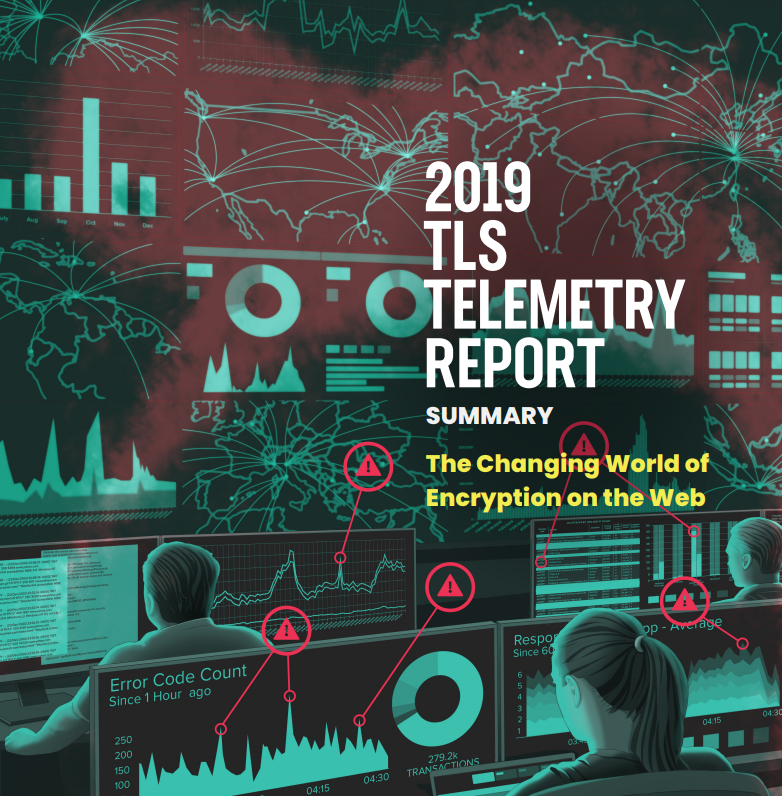Google Domains exits beta after seven years
The service is now generally available with a 20% discount for new and returning users


Google has finally launched its domain registration service after it spent seven years in beta.
The Google Domains service is now available across 26 countries, with the company suggesting it already has "millions of active registrations".
Users may have forgotten about Google Domains, which was first revealed in 2015, and might even have thought it was one of the many products killed by Google.
Google is marking the service finally launching with a 20% discount for new and returning users, available until 15 April. This is for single domain registration or transfer of a domain from another registrar with the code "DOMAINS20".
Domains will tie in with other Google services within its Workplace suite of products. Users can use their domain in their email address, for example, and it can be used to build a website or online store with Google Sites or for use as a business profile on Maps and in Search.
With Google Domains, users will get tools to build an online presence with more than 300 domain endings available, according to Google. Functions that handle the coding to build a professional-looking website with partners including Wix, Shopify, Squarespace, Weebly and Bluehost.
RELATED RESOURCE

There are simple integrations for Google Ads and Search Console, so users can reach customers across the web, and also track where your visitors are coming from.
Get the ITPro daily newsletter
Sign up today and you will receive a free copy of our Future Focus 2025 report - the leading guidance on AI, cybersecurity and other IT challenges as per 700+ senior executives
Google Domains will also come with access to 'high performance' DNS, which Google says is the same infrastructure it uses itself, and there are also a number of privacy and security features incorporated as standard. This includes two-step verification and one-click DNSSEC, which is an add-on for DNS systems that add an additional layer of security. Google is offering this at no additional cost.
Bobby Hellard is ITPro's Reviews Editor and has worked on CloudPro and ChannelPro since 2018. In his time at ITPro, Bobby has covered stories for all the major technology companies, such as Apple, Microsoft, Amazon and Facebook, and regularly attends industry-leading events such as AWS Re:Invent and Google Cloud Next.
Bobby mainly covers hardware reviews, but you will also recognize him as the face of many of our video reviews of laptops and smartphones.
-
 The Race Is On for Higher Ed to Adapt: Equity in Hyflex Learning
The Race Is On for Higher Ed to Adapt: Equity in Hyflex LearningBy ITPro
-
 Google faces 'first of its kind' class action for search ads overcharging in UK
Google faces 'first of its kind' class action for search ads overcharging in UKNews Google faces a "first of its kind" £5 billion lawsuit in the UK over accusations it has a monopoly in digital advertising that allows it to overcharge customers.
By Nicole Kobie
-
 Why the likes of Shopify are bringing web designers to an end
Why the likes of Shopify are bringing web designers to an endOpinion Modern tools like Shopify are letting small businesses create viable sites for a fraction of the price it might have once cost
By Jon Honeyball
-
 Cloudflare fixes outage that knocked major web services offline
Cloudflare fixes outage that knocked major web services offlineNews Online services such as Nord VPN, Shopify, and Steam were all inaccessible by users in most regions
By Connor Jones
-
 Facebook blames faulty configuration change for hours-long outage
Facebook blames faulty configuration change for hours-long outageNews The update caused a "cascading effect" that brought all of the social network's services to a halt
By Bobby Hellard
-
 TLS Telemetry Report
TLS Telemetry ReportWhitepaper The changing world of encryption on the web
By ITPro
-
 Enhancing subscriber services through DNS
Enhancing subscriber services through DNSWhitepaper Easily expand delivery of value-added security services through a cost-effective DNS-based approach
By ITPro
-
 ICANN board blocks private equity firm’s .org purchase
ICANN board blocks private equity firm’s .org purchaseNews Non-profits claimed sale could have had "dire consequences"
By Sarah Brennan
-
 Microsoft embraces DNS over HTTPS to secure the web
Microsoft embraces DNS over HTTPS to secure the webNews Developers advocate benefits of encrypted traffic but are likely to encounter anger from ISPs
By Keumars Afifi-Sabet
-
 What is shadow IT?
What is shadow IT?In-depth Hardware and software that isn't authorised by IT departments can leave businesses vulnerable
By Esther Kezia Thorpe